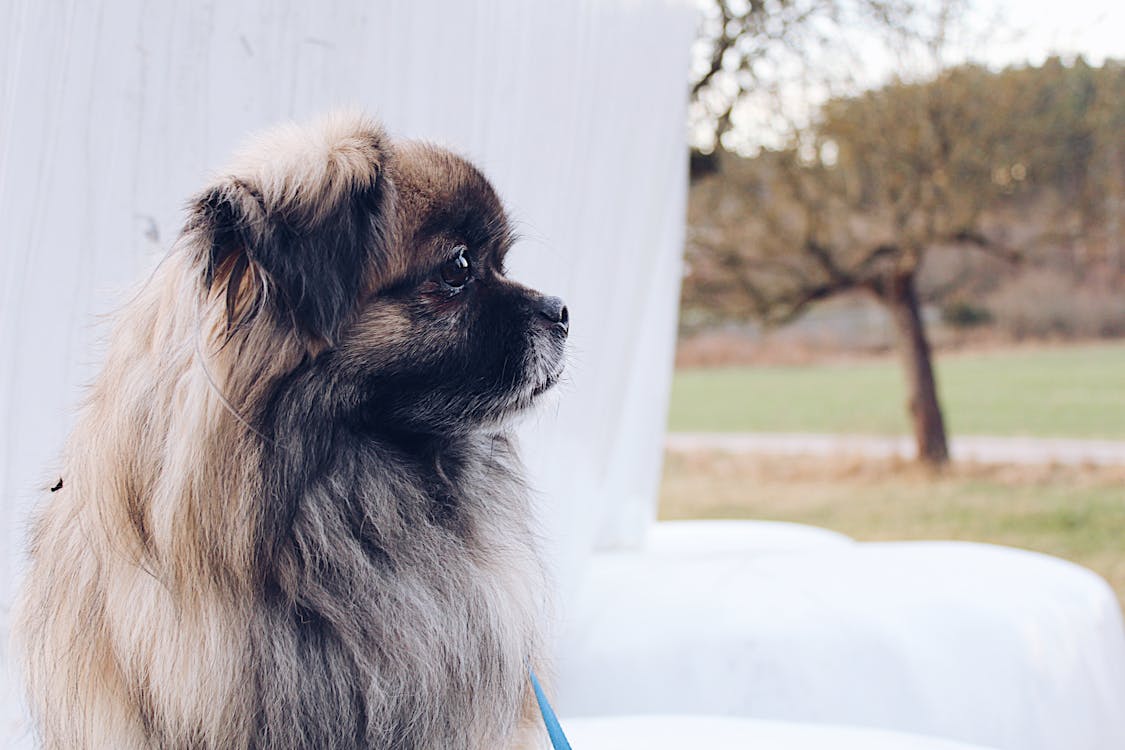The importance of wildlife conservation has been realized recently, and with it comes the ethical implications for various industries, including the dog breeding industry. At first glance, one would not think that ethical dog breeding has much to do with wildlife conservation, but it does bear a close relationship. Selective breeding practices that are friendly to the animals and the environment can help minimize the negative impacts of human beings on wildlife. Whether eliminating the demand for wild-caught animals or encouraging a healthier and more sustainable way of raising pets, ethical breeding is a win-win for all parties involved.
In this article, we will discuss the relationship between wildlife conservation and ethical dog breeding and describe how the actions of ethical breeders can enhance efforts to preserve wildlife. Notably, breeds such as the micro Goldendoodle that are purposely developed to meet current market demands are some of the benefits of breeding. If you specifically seek a compatible companion that can adapt to an environmentally friendly lifestyle, considering a micro goldendoodle for sale may be the next move.
Ethical Dog Breeding: What It Is And Why It Matters
Before discussing the relationship between dog breeding and wildlife conservation, it is crucial to determine what ethical dog breeding means. Ethical breeders are concerned with the welfare of the animals they breed and their potential health in the future. This means avoiding activities that may lead to genetic defects or diseases, treating their animals kindly, and making the right decisions regarding where their animals are raised. Also, ethical breeders are dedicated to minimizing the environmental impact of increasing the number of parrots.
At first glance, this may appear to be just a case of providing happy and healthy pets, but ethical breeding also includes the welfare of wildlife and ecosystems. Most conventional breeding techniques negatively impact indigenous wildlife because of water and air pollution, deforestation, and the creation of a resource market. For instance, breeders may purchase food and other products for their dogs from industries involved in deforestation or hunting wildlife.
Ethical breeders are also more inclined to use sustainable practices and limit the use of resources that harm the environment. They may decide to sell organic dog foods produced from locally sourced agricultural produce or use green energy to power their plants, making their breeding consistent with a conservationist agenda.
The Role of Responsible Pet Ownership in Wildlife Conservation
Regarding the relationship between wildlife conservation and ethical dog breeding, one cannot ignore the aspect of responsible dog ownership. Ethical breeders do not just sell dogs; they also take their time to explain to buyers what it means to own a pet. This educational component is very important for conservation, as it is a well-proven fact that responsible pet ownership can directly affect local wildlife populations.
For instance, most domestic animals, particularly dogs, are dangerous to wildlife if not controlled. Roaming dogs can interfere with wildlife and their ability to breed, as well as hunt down small animals or even birds. Ethical breeders ensure that their customers understand the need to promote responsible breeding habits that safeguard wildlife in the region; for instance, they ensure that their dogs are on chains in natural environments or have enclosed backyards that hinder them from encroaching on wildlife territories.
Furthermore, one key aspect of pet stewardship is proper disposal of pet waste in an eco-friendly manner. Dog waste can contaminate nearby water sources and the environment in several ways. Ethical breeders ensure that owners understand how to dispose of waste and the importance of using environmentally friendly pet products.
This emphasis on sustainability within the pet industry fosters a mutually beneficial connection between companion animal use and wildlife preservation. If pet owners are informed and conscious about their actions towards the environment, they are more likely to take actions that benefit both the pets and the wildlife. This causes a positive chain reaction whereby good choices like adopting from responsible breeders will lead to the conservation of the species.
The Future of Ethical Breeding and Conservation
When more people start understanding the need to conserve wildlife, industries such as dog breeding will be pressured to adopt ethical methods. Ethical breeders are part of a new trend that focuses on sustainability, the well-being of the animals, and the environment. They understand that their actions are not limited to the dogs they produce but also extend to the environment and the wildlife that inhabits it.
There will be more cooperation between conservationists and ethical breeders in the future. It may also prompt breeders to support conservation measures further, for instance, by contributing part of their profits to wildlife conservation causes or lobbying for the protection of species and their natural environments. Such partnerships could further enhance the link between pet ownership and wildlife conservation as a responsibility.
In conclusion, ethical dog breeding and wildlife conservation are related areas that positively impact the environment and pets. Responsible dog breeders who care for their animals’ health also help minimize the impact of the pet industry on the environment, thus participating in the protection of wildlife. The more people become aware of these connections, the better the future is for ethical breeding and a better world for all inhabitants of the Earth.
Lead Image: Photo by Elisabeth Fossum

Leave a Reply